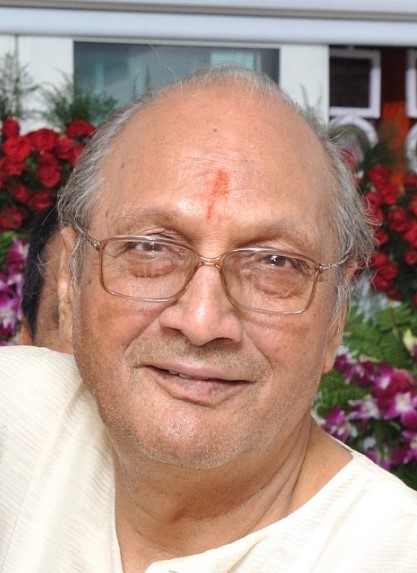Today in Indian schools the need of moral education is being accepted at all levels. Various recommendations are being made by various education commission having reports with reference to this subject. Most recommendations are accepted theoretically but the level of their implementation is not so enthusiastic though lot of seminars and workshops are being organised as desired in the reports for Value Education. That is the reason that the moral education in the schools has remained in effectual.
To balance the modem education Ganadhipati Tulsi and Acharya Mahapragya have presented "Science of Living" as a harmonized form of Science and Spirituality, which may make possible to develop the child's total personality particularly his emotional and mental development. Science of Living is a composite document of ancient and modem education ideals, and is the essence of Upanishada. It awakens the dormant of consciousness of the trainee. "Sa vidya ya vimuktaye", the essence of Upanishada. Science of Living is a novel practise in context with the modem value oriented education. Its system is to establish the balance of the development of social, mental, moral, intellectual and spiritual values. The values will not be attained only by sheer information and the introductions of the benefits deriving incidents, examples, and the autobiography of great personalities or only by making children aware of their efforts but to establish the values, more essential is the enlightening practise for them. The more will be the repetition of the practise, the more values will become the part of their character.
The process of enlightenment of values is contemplation (anupreksha). The meaning of contemplation is to perceive withal the self, perceive the self or experience the self more deeply means without the attachment and aversion. To put in efforts to attain or to practise repeatedly and to make it as a part of the character. The truth wh.ch is known or experienced through perceiving is known as contemplation (Anupreksha).
It is usual that a child has a fear of examination; he is worried for the examination as "I may fail "or I may not get the expected marks". Whatever practical thoughts are being presented by the teacher giving examples of the students who have passed with hard work and arc convinced to him, however still he has a fear. The practise of contemplation on the removal of fear is needed to achieve the required result. This fear shall vanish by the "contemplation of fearlessness". In this way contemplation practices arc available for every value.
 Muni Kishan Lal
Muni Kishan Lal
 Subhkaran Surana
Subhkaran Surana
